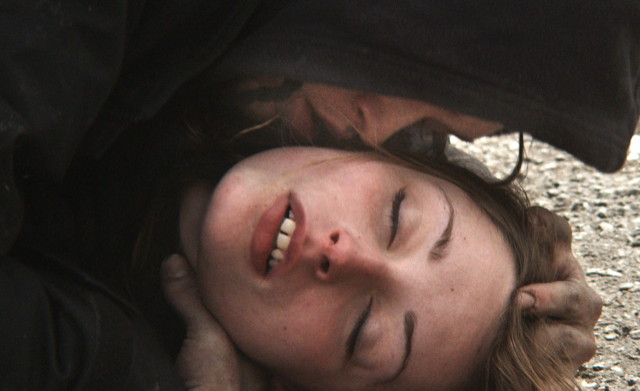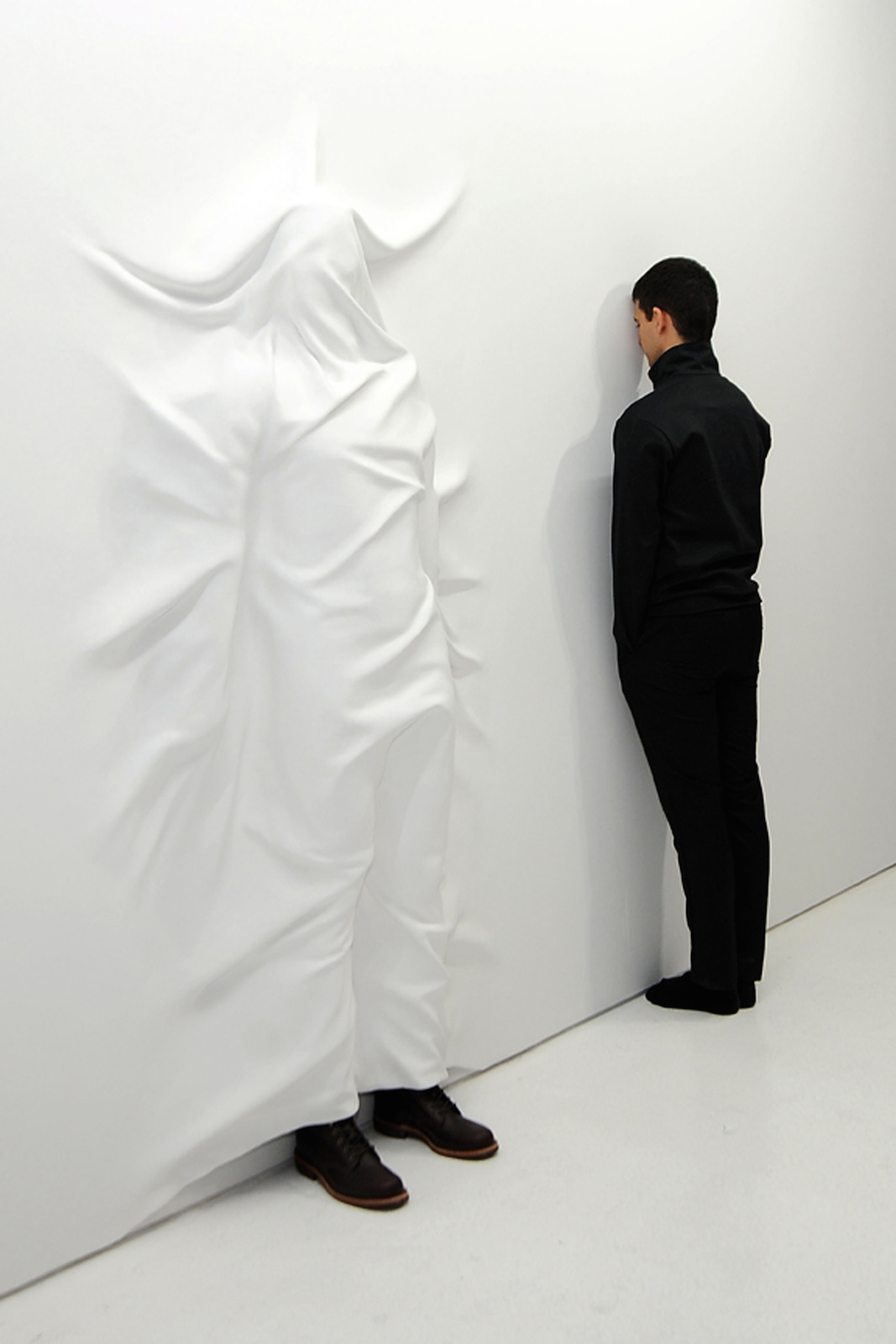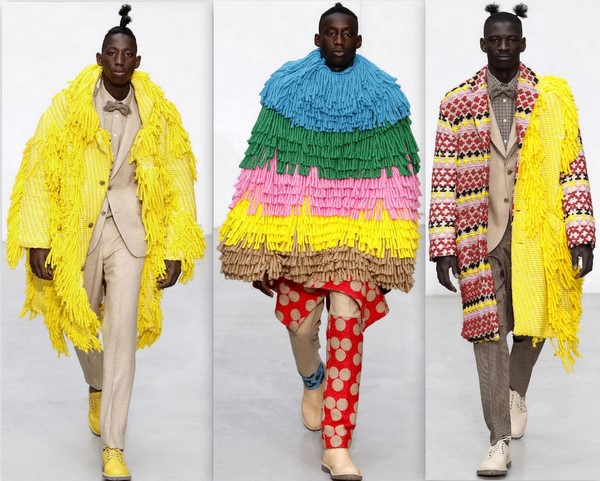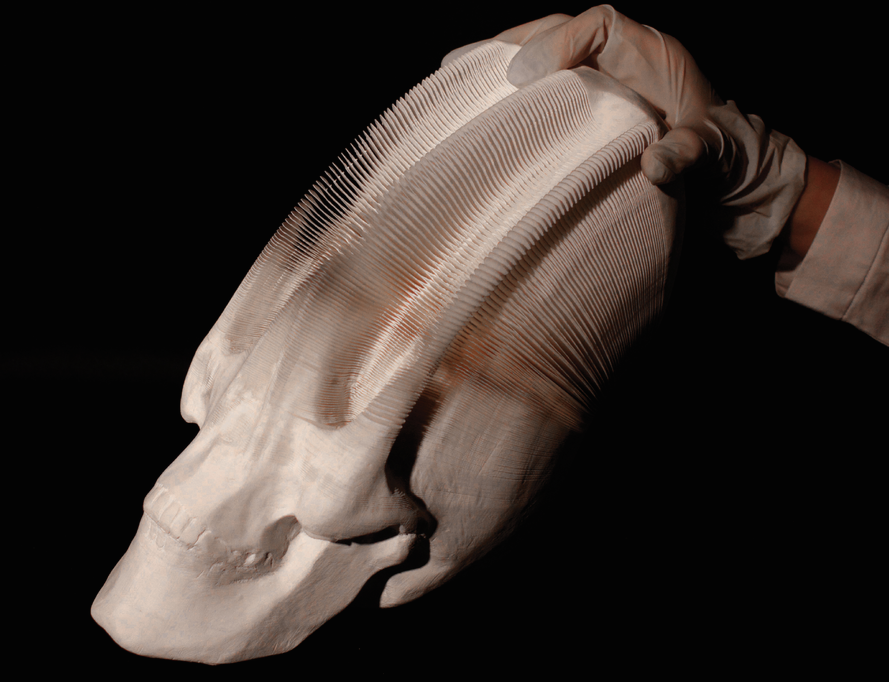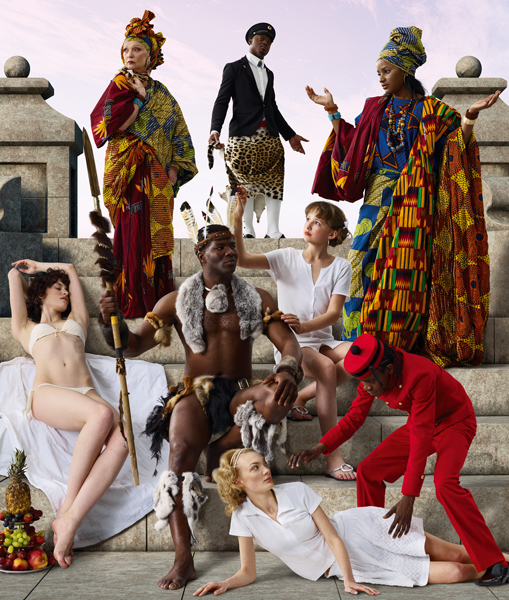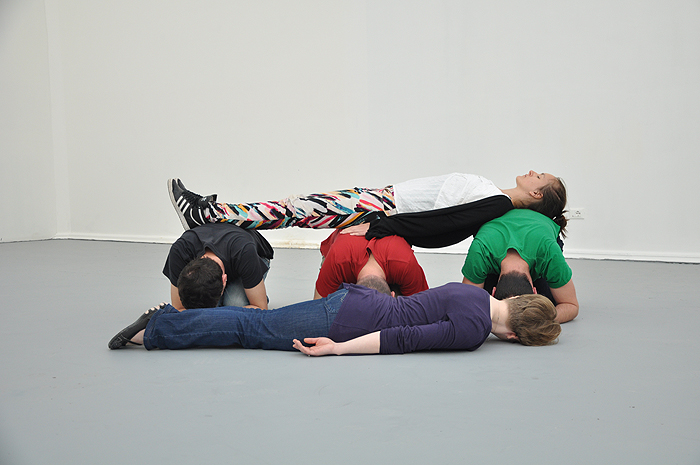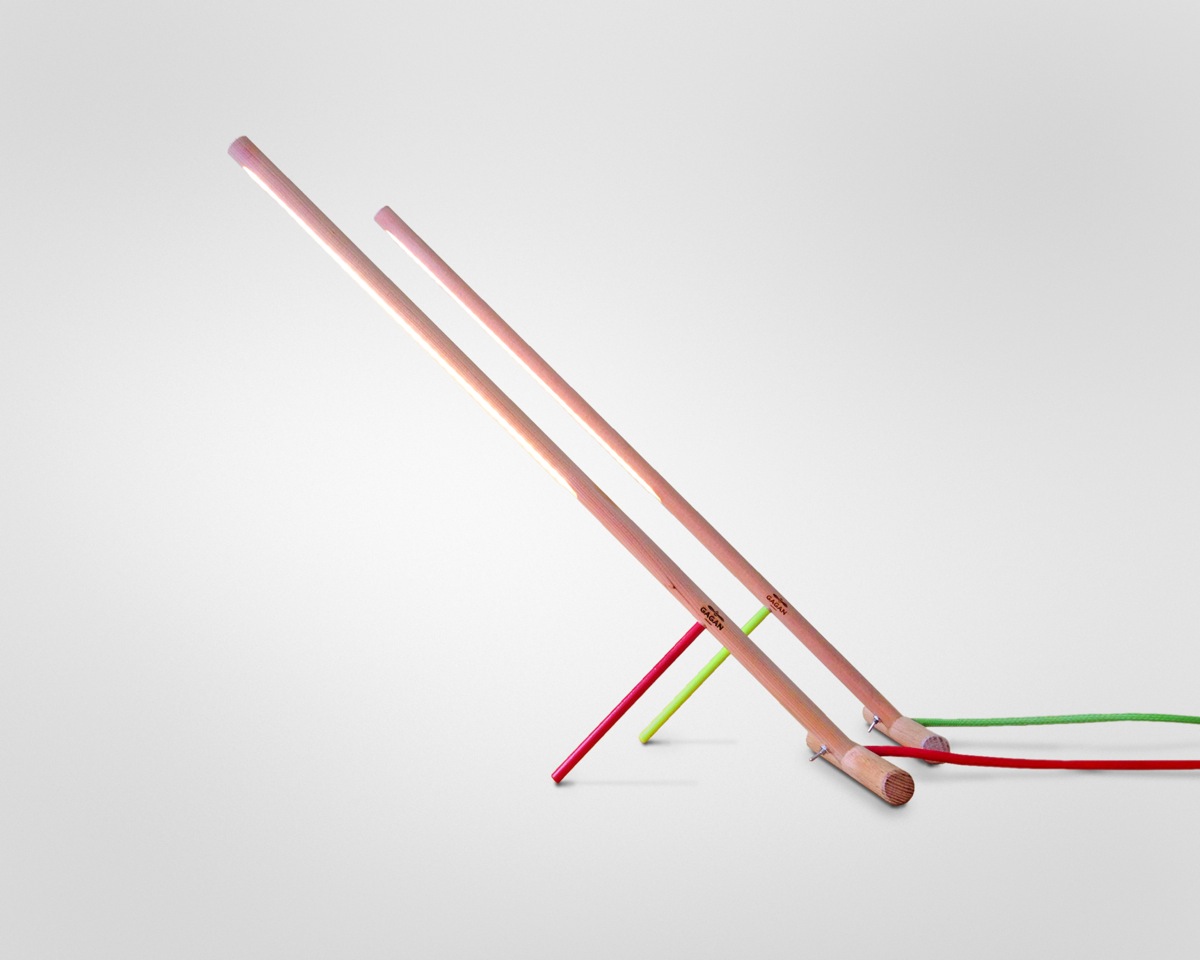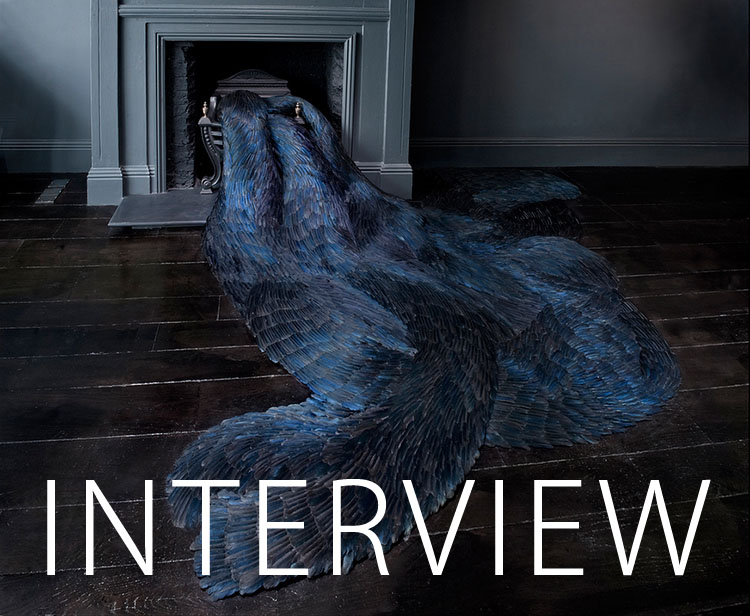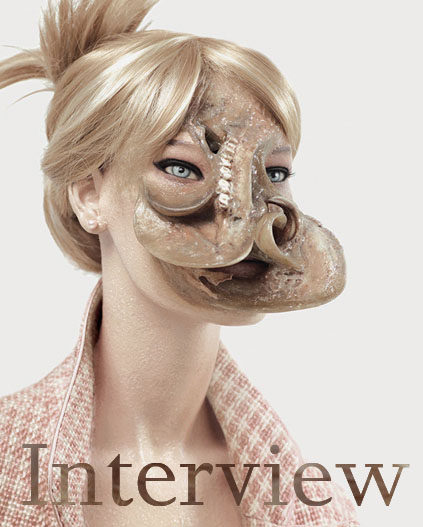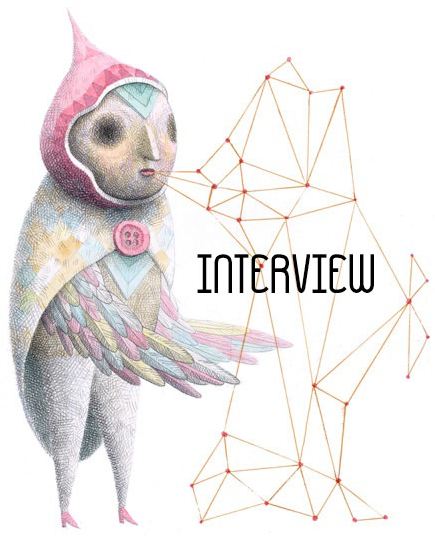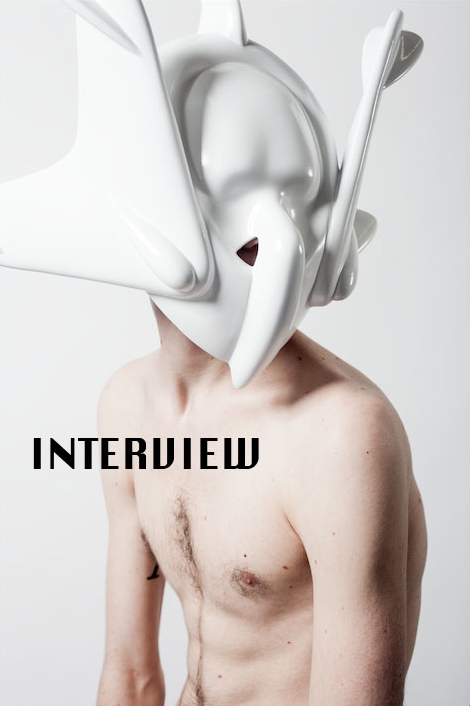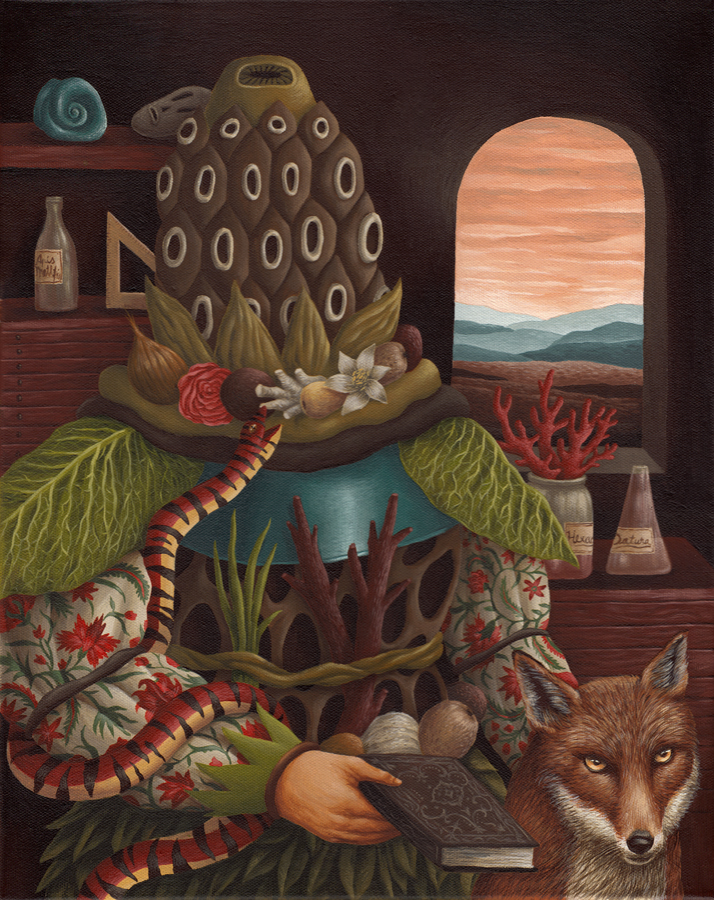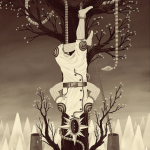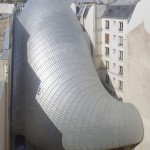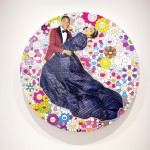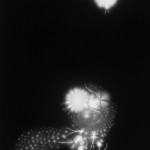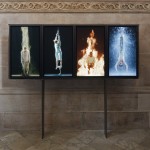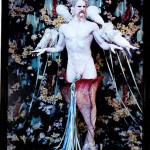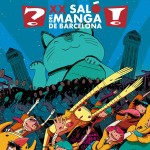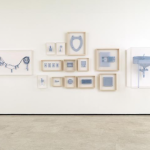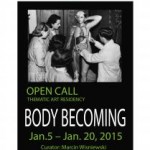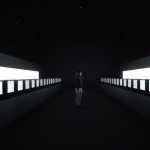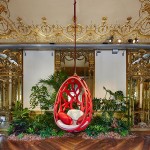INHALE is a cultural platform where artists are presented, where great projects are given credit and readers find inspiration. Think about Inhale as if it were a map: we can help you discover which are the must-see events all over the world, what is happening now in the artistic and cultural world as well as guide you through the latest designers’ products. Inhale interconnects domains that you are interested in, so that you will know all the events, places, galleries, studios that are a must-see. We have a 360 degree overview on art and culture and a passion to share.

Mauro, Heaven Knows What and Mambo Cool are three films that have a lot more in common besides the fact that they are fiction feature debuts and – no causality or circumstance intended here – excellent films. All three are built on a combination of drugs (and more importantly, people who use them), music and deliberate blurring of the fiction/ documentary line. But what makes them good films is the way they use these common elements to come up with very different results.
Chris Gude’s Mambo Cool, is a very personal, poetic and chromatic display of the faces (literally), postures, ramblings, dreams and dancing of the lowest level of the drug industry in Medellín, Columbia, “the black market of the black market”. While mambo and drugs seem to constitute life itself, folding one over the other like the beats of the same song with no end in sight, for Mauro, the protagonist of Hernán Rosselli’s film, drugs and music are a way of life, as natural as hanging out with friends and family and counterfeiting money. The drama here is very subdued, the film’s appeal stems from the mundanity, the technicality and the routine of the character’s illegal activities that are just a party of everyday life, from Rosselli’s (!) take on neorealism. At the opposite side, the homeless heroin addicts of Heaven Knows What (Ben & Joshua Safdie) inhabit an emotional world of extreme drama brought on by a way of life that is now living them, their social and physical survival and integrity – amidst suicide attempts, OD’s, infected wounds, psychiatric wards etc. – not even a result of endurance as in Mambo Cool, but of pure happenstance. The film makes a very interesting use of music, an abrasive blend o electronica and black metal that is entirely non-diegetic but somehow permeates the story both ways: as a resonance of the character’s emotional landscape and also as an enhancer of the audience own receptiveness to what happens in the story. While it is the most fiction like of the three, Heavens Knows What into reality in the flesh of lead character Arielle Holmes who is in fact playing herself based on her own (both lived and written) story.
Another interesting aspect is how these three movies relate to space and to the bigger community inside which the specific subculture develops and the way these specific spaces echo the intensity and drama of their life choices. Mambo Cool is a world in itself closed of from the reality of the bigger city, the background is almost always a small room, a dimly lit bar, the ruins of some forgotten building, and every character we see on screen is connected to that group. The larger community seems to have vanished and the feeling is that the space we see exists in a parallel reality. As a consequence there is no reference for what an alternative, normal, lifestyle could look like. The characters – while they are all non professional actors who are in fact living the mambo cool life – bring no emotional charge to the table, only their own surreal performances. As long as we can’t determine if these performances are scripted real life stories (if not drug induced delusions caught on camera) we are left to read their faces for sorrow, regrets, insanity or any other tragedies our mainstream, not mambo cool mindsets prompt us to look for.
Heaven Knows What presents a very fluid community – homeless people with an addiction to alcohol or drugs or both – that fills up a space organically: the streets of New York, and the occasional burger joint or public library, are claimed as territory through the sonic projection of an otherwise not so threatening visual presence. Their shouting, cursing and arguing create a homogenous and impregnable bubble inside the metropolis: they are autistic to the environment and, strangely enough, the environment seems little troubled by their presence (just to be clear, I’m not talking about the times in which the characters choose to step outside the immediate reality but when they are sober). Spaces are thus unknowingly conquered and abandoned without any meaningful contact between these people and the larger group.
In Mauro it is the exact opposite: while the protagonist is engaging in a life of crime, there are no real borders between him and the larger community. It is a sign of his social representativity, the tolerance of petty criminal activities inside the community as a means to improve one’s life, and a necessity of the nature of his activity, money laundering. While the owners of the shop and bars where Mauro changes his fake bills will no doubt resort to violence if they found out they had been cheated, those who catch on just say that it’s a fake bill and they can’t excepted (it’s not a coincidence that you never see a policeman or a police car in the film). Because of these strong community ties, Mauro’s rise and downfall are just ordinary life events, and him just another working guy who has lost (t)his opportunity to make it big: he still has his regular job, and his former partners (a young couple expecting a child) eventually forgive him and invite him for family dinners once more.
Andrei Sendrea



